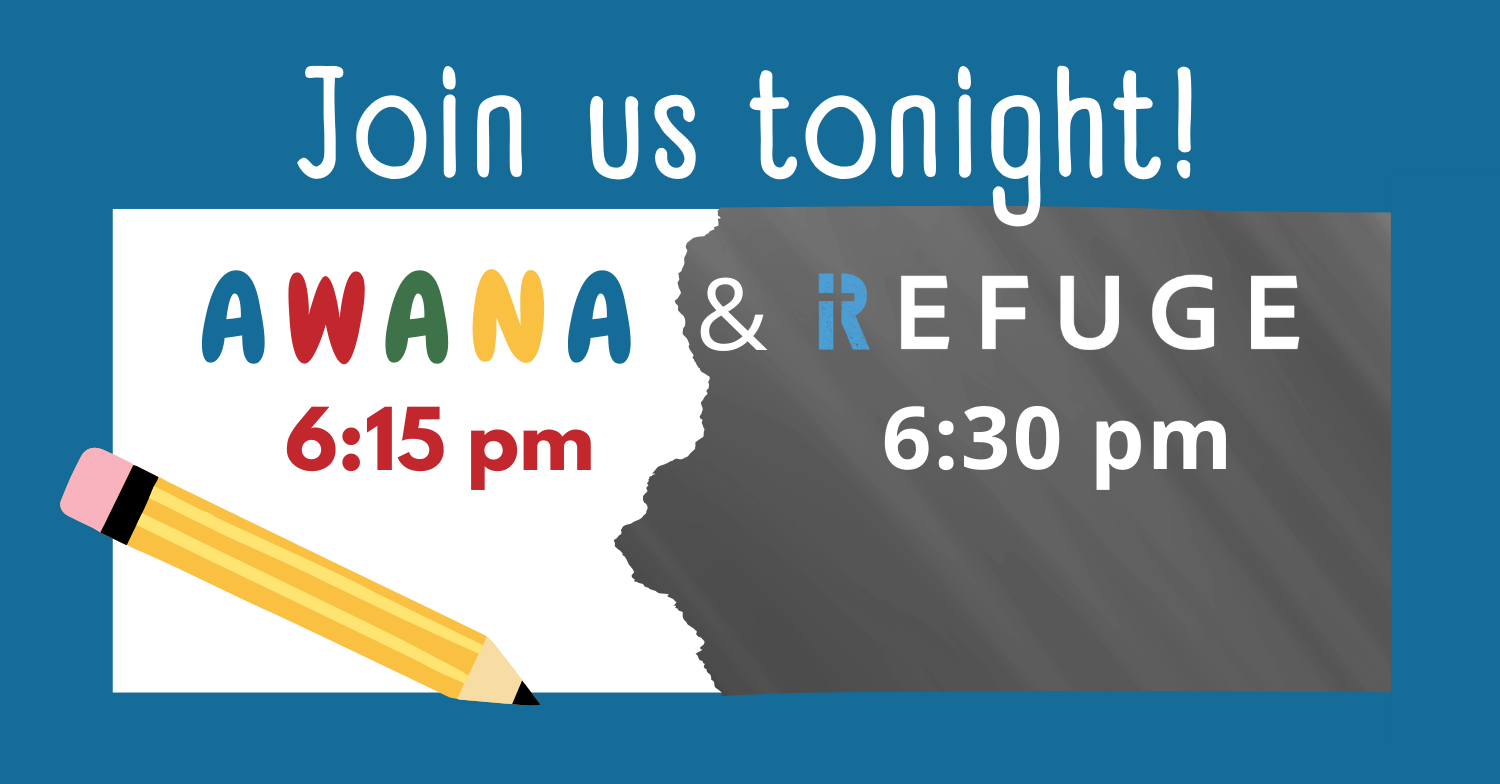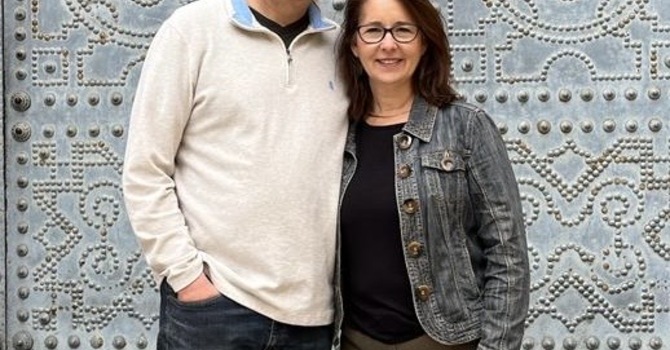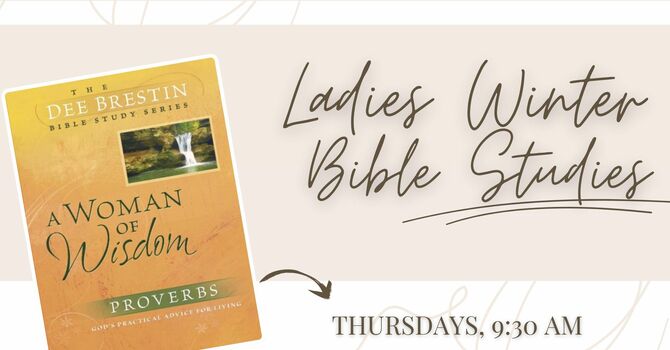
Welcome to Grace Baptist!
Our mission is to proclaim the Word of God so that people know Christ and grow to spiritual maturity.
schedule
9 am Discipleship Hour
Classes for all ages
place
Plain Township
5050 Middlebranch Ave NE
Canton, OH 44705
Sermons
Our current series is the Gospel of Mark: Son of God, Servant of All
Events
Mark your calendars for these great events coming up.





